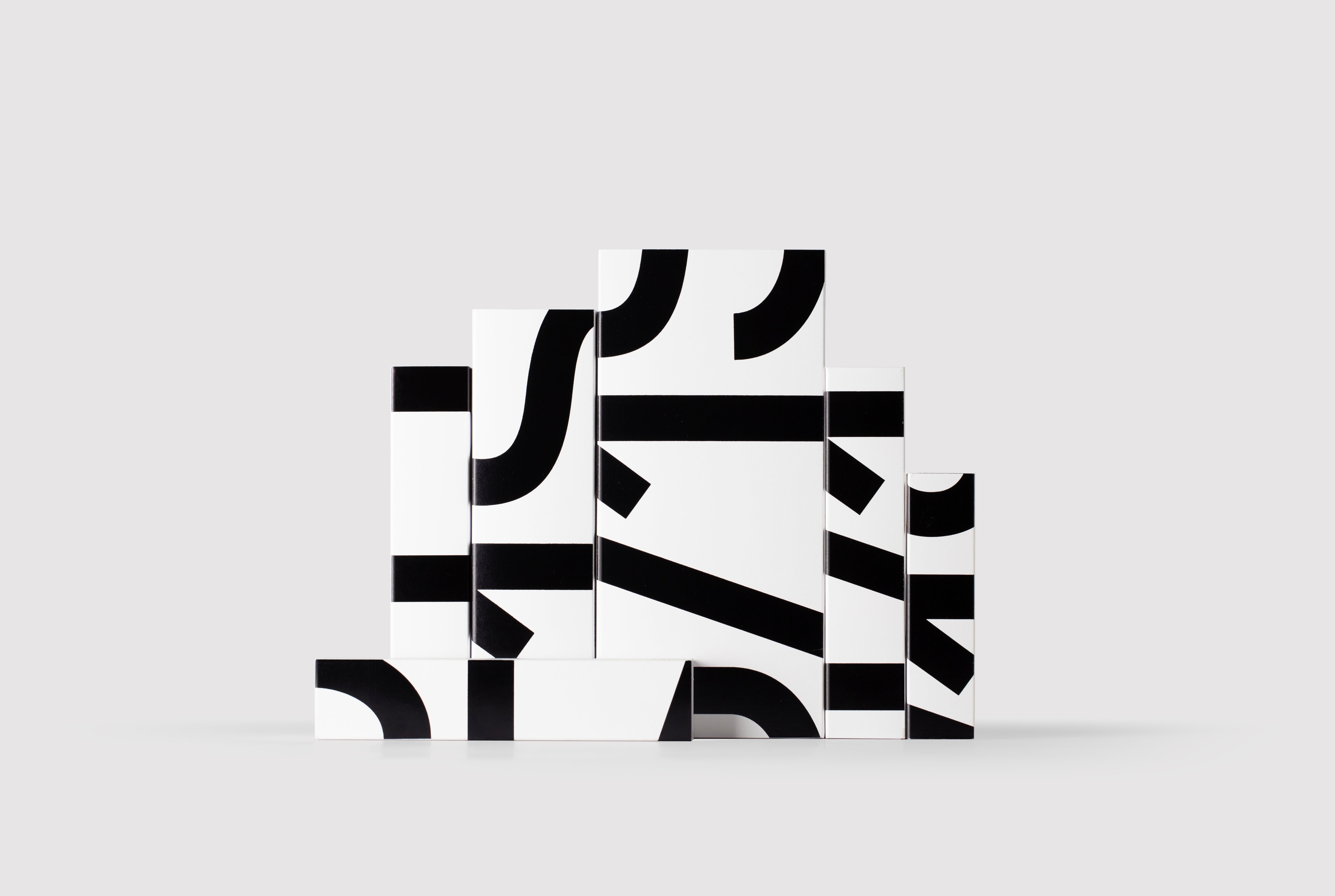|
You may already be used to living with stress and keeping it at bay. Yet stress can manifest itself in a myriad of ways. The consequences are sometimes invisible and, on the contrary, more than obvious. Maybe you didn't know it (or perhaps you did), but "stress and skin have a complex and mutually influential relationship." So says Marta Vilavella, dermatologist and founder of the Idermic Terrassa beauty centre (Barcelona). Consult a mindfulness expert to find out how stress affects your body and what you can do about it. |
 |
Stress and skin - a complicated relationshipStress is the body's natural response to any worry or threat. It is a defence mechanism that kicks in when it senses trouble. Whether it is due to work, commitments or some personal complication, you are going through. You already know many consequences: hair loss, stomach aches, tachycardia, shortness of breath... But others affect the skin directly. And the question is: why? In such a situation, the body commonly releases so-called stress hormones. These include cortisol, an increase which can inhibit the body's ability to absorb the essential nutrients that give skin a healthy appearance. Furthermore, according to Marta Vilavella, "the skin and the brain originate from the same embryonic layer—the ectoderm," which reinforces this stormy cause-and-effect relationship. |
What are the symptoms of stressed skin?The rise in cortisol can "increase sebum production, trigger acne breakouts and aggravate other skin conditions," explains dermatologist Marta Vilavella. From the appearance of acne, redness or itchiness to dehydration or loss of radiance. However, if stress is already chronic, it can "accelerate the skin's ageing process, which can lead to premature fine lines and wrinkles," says the dermatologist. Your skin deserves a break tooIf negative emotions such as tension and anxiety can damage the skin, what happens when you feel calm and relaxed? Happiness radiates light from within, and it shows on the outside. Otherwise, why do people say you look more beautiful when you're happy or contented? Rest has the power to reduce stress levels and, therefore, "cortisol production, which can help control problems such as acne," Vilavella adds. What's more, enjoying restful sleep allows "skin cells to regenerate and repair, which can improve skin texture and radiance," she says. This summer, it's time to stop. Your skin will thank you (and you don't know how much). |
Learn how to disconnect (or reconnect) this summerFor Silvia Valero, founder of Caressée, a space whose philosophy focuses mainly on self-care, disconnecting means "stopping the 'doing' mode and moving into the 'being' mode". And in this sense, what we need more than 'disconnection' is precisely the reconnection with who we really are and what we are living". In other words, to connect with the present. The human body is more or less prepared to cope with stress. However, "we are not designed to be exposed to the hustle and bustle and constant high levels of stress that inundate our daily lives," Valero reminds us. Therefore, it is necessary to give ourselves time to "regain our balance before facing the next stressful situation. If we don't do this, it will inevitably have a direct impact on our organism," she concludes. |
 |
Tips to achieve healthy skinThe first (and most important) thing is not to put yourself under pressure. On the first day of your holiday, your mind will be elsewhere, but this is normal. You will probably need a few days to free yourself from the worries and negative thoughts that prevent you from enjoying the present moment. With this in mind, Silvia suggests, "Try to be patient, give yourself time, and even plan some transition days - both before you go on holiday and before you return to work." That said, here are 5 tips to help you think less and connect more on holiday:
Who knew that relaxing on holiday could be good for your skin? It's getting closer. 3, 2, 1... |



